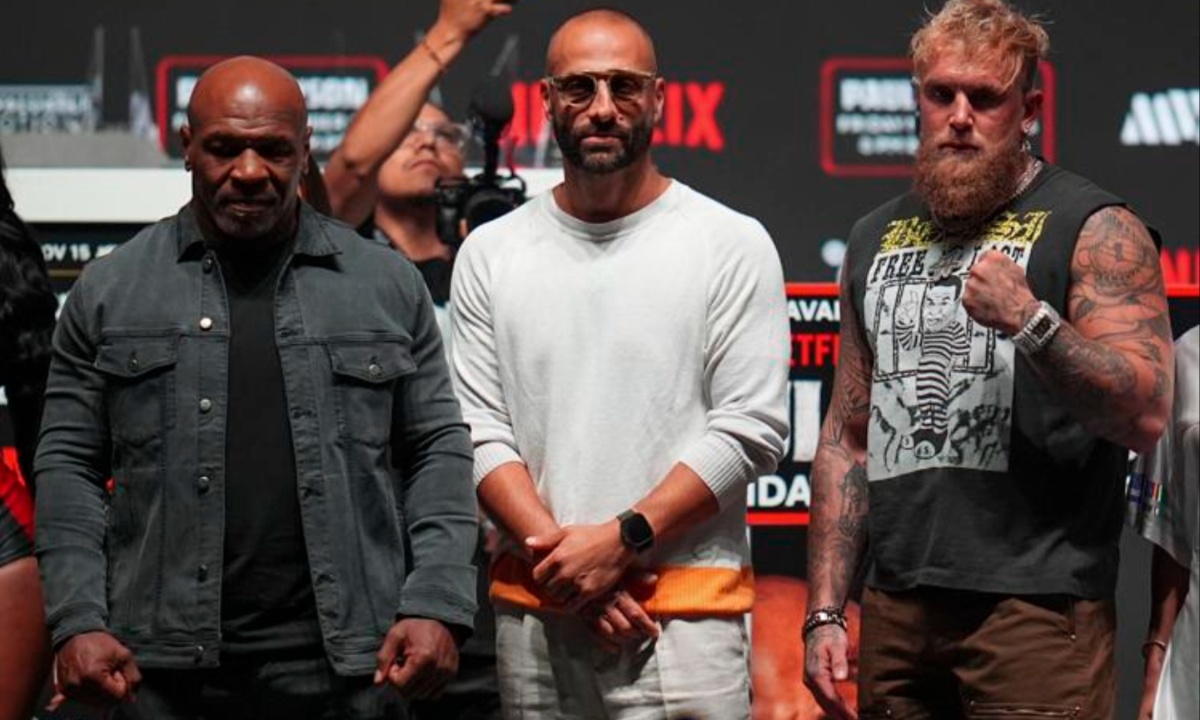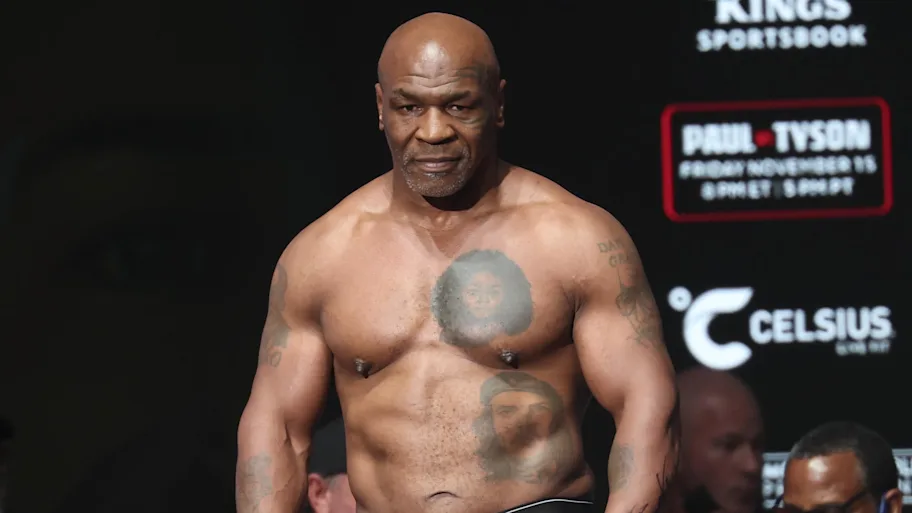Mike Tyson’s return to the boxing ring at 58, facing YouTuber Jake Paul, 27, generated a lot of discussion. Some critics worried the fight would reduce boxing to a spectacle, aligning it more with the entertainment-focused UFC rather than maintaining its traditional status as a serious sport. However, others saw the match as an opportunity to revive boxing’s appeal and show the world that it remains a relevant form of entertainment. The outcome of the fight had far-reaching consequences, not only for boxing but also for the broader entertainment sector.
Netflix was particularly interested in the Tyson-Paul bout, carefully tracking its viewership data. The platform has recently entered the live sports market with notable deals, including agreements to air WWE events and a limited number of NFL games. If the Tyson-Paul event turned out to be a success, it could lead to a more competitive environment for live sports rights among streaming platforms. On the other hand, if the event did not resonate with Netflix’s audience, it could deter further investments in live sports, impacting the future of such ventures.

Formula One also saw significant developments, as Greg Maffei, CEO of Liberty Media, announced he would step down at the end of the year. Liberty Media, which owns Formula One, is restructuring its operations to focus on motorsports, including MotoGP, and is separating its live events division into a publicly traded company. Although rumors about a potential sale of Formula One circulated, these were quickly downplayed by insiders. In discussions with NFL Commissioner Roger Goodell, Maffei shared how Liberty Media had been working to shape Formula One’s brand similarly to the NFL, particularly in areas like merchandising and global outreach.
Maffei also discussed the challenges both the NFL and Formula One face in maintaining fan engagement, as both sports are limited in the number of live events they offer. To overcome this, both have invested in additional content, such as Drive to Survive, which has successfully drawn new fans to Formula One. Maffei compared this strategy to the NFL’s Hard Knocks, a reality show that provides an inside look at players and coaches. These behind-the-scenes programs have become crucial in building stronger relationships with fans, demonstrating how both sports are focusing on providing extra content to keep their audiences engaged.
Richard Thompson, chair of the England and Wales Cricket Board (ECB), discussed how sports are adapting to compete for attention in today’s entertainment environment. He pointed to Drive to Survive as an example of how entertainment content can help attract new sports fans. Thompson also highlighted the importance of star athletes in driving interest, noting how players like Ben Stokes have helped boost cricket’s visibility. Additionally, Thompson noted the growing popularity of women’s sports, pointing to major events like the Women’s Euros and the upcoming Women’s T20 Cricket World Cup, both of which are expected to capture significant attention.
